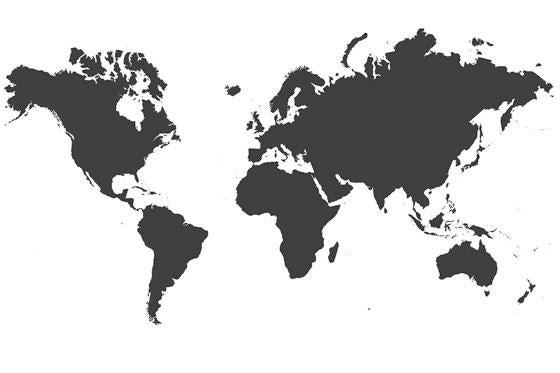
The number of journalists and media assistants killed in 2008 was down more than 40 per cent on last year, according to data compiled by Reporters Without Borders.
The annual press freedom round-up found that 60 journalists, one media assistant and a blogger died in the line of duty over the past 12 months.
This compares with 86 journalists and 20 media assistants in 2007, which proved to be the deadliest year for the media in more than a decade.
But Reporters Without Borders (Reporters Sans Frontieres) said that despite the fall, there was little “grounds for optimism” in many countries where journalists are still repressed.
“The figures may be lower than last year’s but this should not mask the fact that intimidation and censorship have become more widespread, including in the west, and the most authoritarian governments have been taking an even tougher line,” RSF said.
“The quantitative improvement in certain indicators is often due to journalists becoming disheartened and turning to a less dangerous trade or going into exile.
“We cannot say that 60 deaths, hundreds of arrests and systematic censorship offer grounds for optimism.”
A quarter of the deaths counted by RSF were in Iraq, which remains the deadliest country in the world to work as a journalist.
Pakistan was ranked the second most dangerous (with seven journalists killed), followed by the Philippines (six) and Mexico (four).
The media death toll in Africa fell from 12 in 2007 to three this year, but RSF said this was “above all [due] to the fact that many journalists stopped working, often going into exile”.
Behind bars
RSF estimates that 673 journalists and 59 bloggers were arrested in 2008 – down from a total of 887 in the previous year.
There were similar drops in the number of reported attacks and threats against journalists, kidnappings and media outlets censored.
Arrests remained commonplace in parts of Africa, where RSF said it was “almost routine for journalists to end up in police cells when they upset senior officials or cover subjects that are off-limits”.
Thirty-one media arrests were reported in Iraq, 17 in Burma and 38 in China, which hosted the Olympic Games in Beijing this summer.
The press freedom campaign group said that the situation worldwide had not necessarily improved – despite the decline in figures this year.
“The sad spectacle of a journalist in handcuffs is an almost daily occurrence in all the continents,” RSF said.
“When governments are challenged, their most frequent response is imprisonment. And the dozens of murders, in which the involvement of the security forces is often almost certain, rarely lead to trials, whether in Sri Lanka or Burkina Faso.”
Web crackdown
RSF said it knew of at least 1,740 websites that were blocked, shut down or suspended this year as governments look to exercise more control over free speech online.
“The growth in the internet’s influence and potential is being accompanied by greater vigilance on the part of some governments with already marked security concerns,” it said.
“Every year, repressive governments acquire new tools that allow them to monitor the internet and track online data.”
The group added: “The internet is gradually becoming a battleground for citizens with criticisms to express and journalists who are censored in the traditional media.
“As such, it poses a threat to those in power who are used to governing as they wish with impunity.”
Estimates for the number of journalists killed, arrested or kidnapped doing their jobs vary between press freedom groups.
Reporters Without Borders only counted cases in which a link between the violation and the victim’s work as a journalist was “clearly established or very likely”.
RSF said the figures relating to arrests, attacks, threats and censorship attempts could be higher because some victims do not choose to report what happened, usually for security reasons.
The Committee to Protect Journalists has found that 41 journalists were killed in direct connection to their work in 2008, down from 65 last year.
It is investigating another 22 deaths to determine whether they were work-related.
Deaths (source for all figures: Reporters Without Borders)
2007: 86 journalists, 20 media assistants
2008: 60 journalists, 1 media assistant, 1 blogger
Arrests
2007: 887 journalists
2008: 673 journalists, 59 bloggers
Physical attacks/threats
2007: 1,511 journalists
2008: 929 journalists, 45 bloggers
Kidnappings
2007: 67
2008: 29
Media outlets censored
2007: 528
2008: 353
Email pged@pressgazette.co.uk to point out mistakes, provide story tips or send in a letter for publication on our "Letters Page" blog







